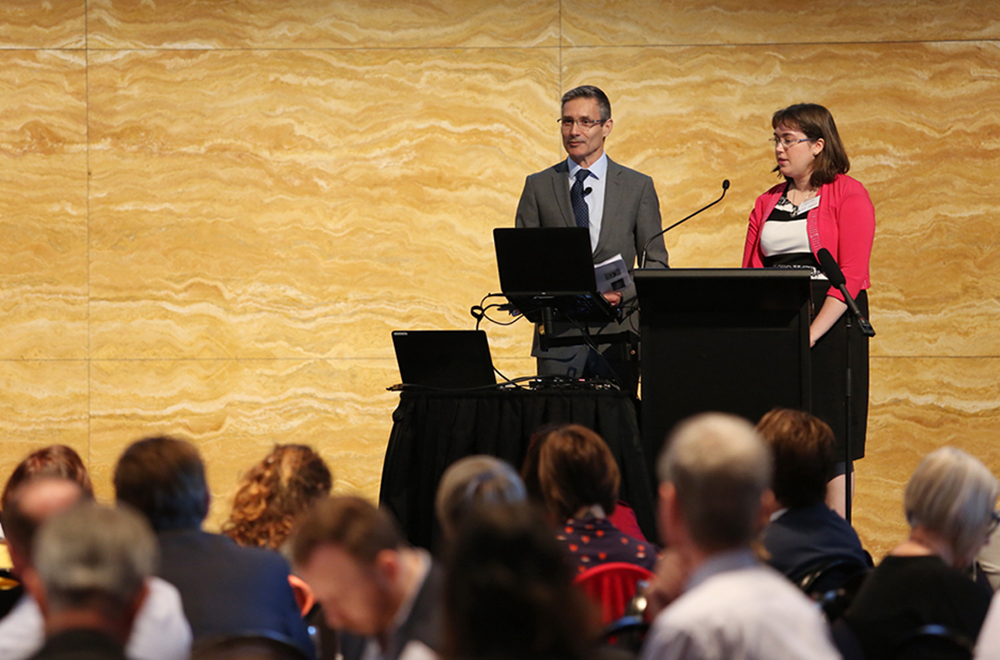Mental health for people in NSW living with an intellectual disability was the focus of a national roundtable held at the University of New South Wales (UNSW) recently. The roundtable provided an opportunity for mental health advocacy groups, UNSW, the Black Dog Institute and the Council for Intellectual Disability to discuss new research, highlight innovations and make recommendations for improving nationwide services for people with disabilities.
Speaking at the event, the NSW Minister for Health and Medical Research, Brad Hazzard, said people with disabilities deserve to receive the best health treatment possible but all too often, for a range of reasons, that standard of care was not always delivered. “The roundtable forum offered an opportunity to ensure the health community of NSW can lead the way on ensuring better outcomes for all members of our community, including those with disabilities,” the minister said.
UNSW Intellectual Disability Mental Health chair, Professor Julian Trollor highlighted the substantial health gap for people with intellectual disability and the importance of people with intellectual disability being embraced in mainstream mental health services.
“Often mental health professionals are inadequately trained to meet the needs of people with intellectual disability and services are not prepared to be accessible to people with disability and carers,” Trollor said. “Our team at UNSW is working with professional groups and services to make improvements, including developing apps and mental health guides.”
The Council for Intellectual Disability senior advocate, Jim Simpson said that for many years people with intellectual disability were “almost invisible” to mental health services. “Now, the National Disability Strategy and the National Mental Health Plan squarely recognise their mental health inequalities and call for their needs to be specifically included in mental health initiatives,” he said.
Ongoing improvements on how mental health is managed for people with disability is said to be crucial to ensure recognition for people suffering with mental illness.
Council for Intellectual Disability chair, Michael Sullivan, said: “Even now, after a lot of work and advocacy, we are often completely left out of the conversation about mental health. We are not encouraged enough to get help early. It is a fact that early intervention is one of the best tools to avoid serious mental illness. Early signs are often overlooked as behaviours relating to the person’s disability, and we need to recognise these to make sure the window to intervene isn’t closed too soon.”
The event was organised by the UNSW’s Department of Developmental Disability Neuropsychiatry, Council for Intellectual Disability and the NHMRC Partnerships for Better Health team with more than 100 mental health and disability experts attending.
Caption: Professor Julian Trollor with facilitator, Alanna Julian.

